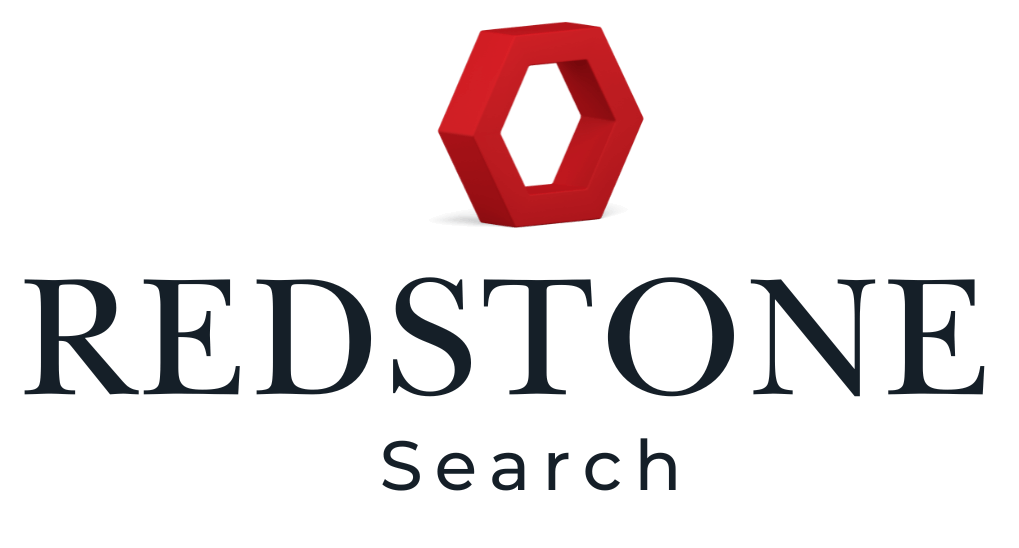Compliance officers play a pivotal role in ensuring that organisations adhere to laws, regulations, and internal policies. Their responsibilities are multifaceted, encompassing legal, ethical, and operational aspects critical to the success and integrity of the company. From financial institutions to healthcare providers, compliance officers serve as guardians of regulatory compliance, risk management, and ethical conduct.
1. Interpretation and Implementation of Regulations
One of the primary responsibilities of a compliance officer is to interpret complex regulations and ensure their effective implementation within the organisation. They must stay abreast of regulatory changes, industry standards, and best practices relevant to their sector. By closely monitoring evolving compliance requirements, compliance officers mitigate the risk of regulatory breaches and facilitate proactive adaptation to new regulatory landscapes.
2. Development of Compliance Policies and Procedures
Compliance officers are tasked with developing comprehensive compliance policies and procedures tailored to the organisation’s specific needs and regulatory environment. These policies serve as guidelines for employees, outlining permissible practices and behaviours while mitigating potential compliance risks. Moreover, compliance officers must ensure that these policies are effectively communicated across all levels of the organisation and that employees receive adequate training to adhere to them.
3. Risk Assessment and Management
Assessing and managing compliance risks are integral components of a compliance officer’s role. By conducting thorough risk assessments, they identify potential areas of vulnerability and implement controls to mitigate risks effectively. This includes evaluating internal processes, third-party relationships, and emerging threats that may impact the organisation’s compliance posture. Through proactive risk management strategies, compliance officers safeguard the organisation against regulatory violations and reputational damage.
4. Monitoring and Surveillance
Continuous monitoring and surveillance are essential for detecting and addressing compliance breaches in a timely manner. Compliance officers utilise advanced technologies and data analytics tools to monitor transactions, activities, and employee conduct for signs of non-compliance or irregularities. By establishing robust monitoring mechanisms, they can promptly identify potential violations and initiate corrective actions to rectify deficiencies and prevent recurrence.
5. Investigation and Resolution of Compliance Issues
In the event of compliance violations or allegations of misconduct, compliance officers are responsible for conducting thorough investigations to determine the root cause and extent of the non-compliance. This may involve gathering evidence, interviewing relevant stakeholders, and collaborating with internal audit teams or regulatory authorities. Once the investigation is complete, compliance officers recommend appropriate remedial actions and disciplinary measures to address the compliance issue effectively.
6. Regulatory Reporting and Documentation
Compliance officers are entrusted with the task of preparing and submitting regulatory reports to government agencies, industry regulators, and internal stakeholders. These reports provide insights into the organisation’s compliance status, regulatory risks, and remediation efforts. Additionally, compliance officers maintain detailed documentation of compliance activities, audits, and investigations to demonstrate adherence to regulatory requirements and facilitate transparency and accountability.
7. Stakeholder Engagement and Training
Effective communication and stakeholder engagement are fundamental to the success of a compliance program. Compliance officers liaise with internal departments, senior management, external auditors, and regulatory bodies to foster a culture of compliance and accountability throughout the organisation. Furthermore, they organise training sessions, workshops, and educational programs to enhance employees’ understanding of compliance policies, regulatory requirements, and ethical standards.
8. Continuous Improvement and Adaptation
The regulatory landscape is dynamic and constantly evolving, necessitating a proactive approach to compliance management. Compliance officers continuously evaluate and refine compliance programs to address emerging risks, regulatory changes, and industry trends effectively. By fostering a culture of continuous improvement and adaptation, they ensure that the organisation remains resilient and responsive to evolving compliance challenges.

